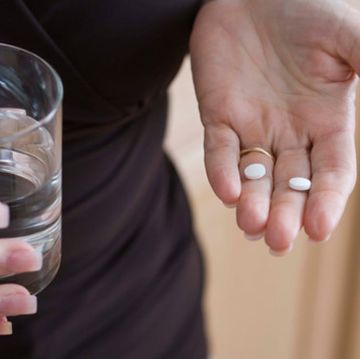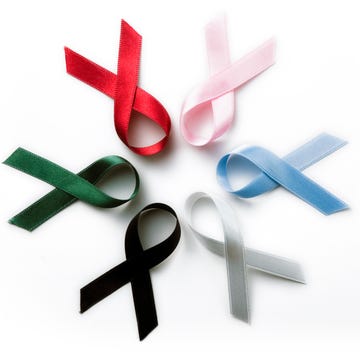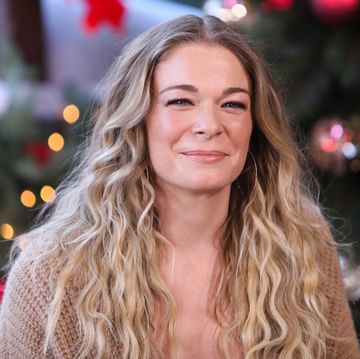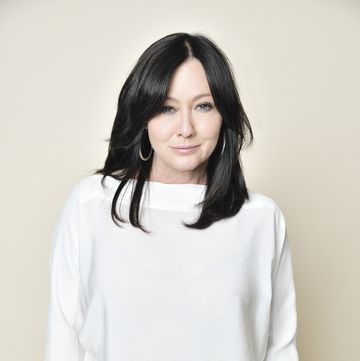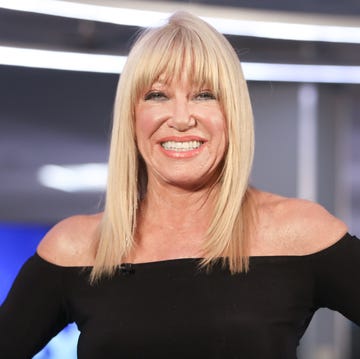- Having too many sugary drinks each day can significantly increase your chances of early-onset colorectal cancer, a recent study suggests.
- To reduce your risk, swap sugary drinks with water, milk, or unsweetened coffee or tea—and pay close attention to other parts of your diet, too.
- Colorectal cancer have been steadily rising in people under age 50.
You already know sipping on sugary drinks can up your risk of various chronic diseases, but a new study highlights another one to put on your radar: Your soda habit could increase your chances of early-onset colorectal cancer, the third most common cancer diagnosed in both men and women in the United States.
In the study, which was published in the journal Gut, researchers used the Nurses’ Health Study II, where nearly 96,000 women reported the beverages they drank in a food questionnaire every four years.
They found that women who drank two or more sugary drinks per day had more than double the risk of developing early-onset colorectal cancer (before age 50) compared to women who drank less than one sugary drink each week.
Each 8-ounce sugary drink consumed per day was associated with a 16% higher risk of developing the disease early on. Meanwhile, between the ages of 13 and 18, each daily serving was associated with a 32% higher risk. Overall, 109 participants from the study were diagnosed with early-onset colorectal cancer.
These beverages include carbonated and non-carbonated drinks sweetened with sugar and high-fructose corn syrup, like soft drinks, fruit drinks, punches, and sweetened iced tea, explains lead study author Jinhee Hur, Ph.D., a research fellow at the department of nutrition in the Harvard T.H. Chan School of Public Health.
While scientists know too much sugar can have harmful effects on the body, they’re still stumped on what exactly links these sweetened beverages to early-onset colorectal cancer.
Hur hypothesizes that solid foods with the same amount of calories are more filling than the sweet beverages alone, which may promote overeating. This could, in turn, lead to obesity, insulin resistance, and type 2 diabetes, all of which increase overall cancer risk. In fact, one of the main risk factors for colorectal cancer is eating a Western-style diet, she says, which is typically high in processed foods and low in gut-friendly fiber.
To significantly reduce your risk, swap sugary drinks with water, milk, or unsweetened coffee or tea. Then, take another close look at your diet. Hur suggests eating less red and processed meat, which is also associated with a higher risk of colorectal cancer, and limiting your booze intake (no more than one alcoholic drink per day for women and two for men).
You should also load up on fiber-rich foods like whole grains, chia seeds, and legumes. Eating more fiber helps keep your digestive system moving, which research suggests can help protect the gut from forming cancer-causing mutations. Hur also encourages staying active throughout the day (aim for around 150 minutes of exercise per week) and working with your doctor to determine what a healthy weight looks like for you.
Finally, don’t forget to check in with your doc about when to start regular screenings, especially if you have a family history of the disease or you’re experiencing any signs of colon cancer, like rectal bleeding, unexplained constipation, or sudden weight loss.
Yes, even if you’re young; 12% of colorectal cancer cases—about 18,000—were estimated to be diagnosed in people under the age of 50 last year, according to data from the American Cancer Society. That’s on reason why the recommended screening age was recently dropped to 45.
“We hope many people follow this recommendation and get their screening tests,” Hur says, “which could certainly contribute to the effective prevention, early detection, and treatment of the disease.”

Arielle Weg is the associate editor at Prevention and loves to share her favorite wellness and nutrition obsessions. She previously managed content at The Vitamin Shoppe, and her work has also appeared in Women’s Health, Men’s Health, Cooking Light, MyRecipes, and more. You can usually find her taking an online workout class or making a mess in the kitchen, creating something delicious she found in her cookbook collection or saved on Instagram.



